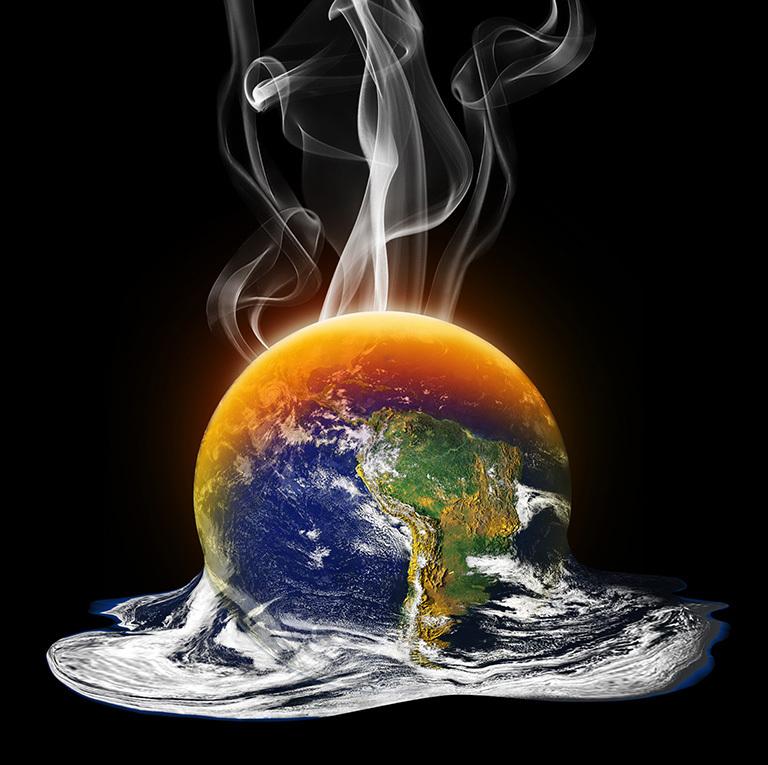In the deafening tale of our planet's history, there emerges a sobering protagonist: global warming. As the mercury rises and ecosystems stall, humanity faces an unusual threat. Beyond the melting ice caps and rising sea levels lies a crude menace, one that stealthily puts together a cascade of crises — a new outbreak.
We all know for a fact that global warming causes the glaciers to melt and according to reports, a whopping 750 billion tons of ice is melting every year due to global warming. That’s 24,000 tons of melting water being added to world’s oceans every single second or the same as 10 olympic swimming pools. Microbes like protozoa, fungus, virus etc. can live in these ice caps for millions of years as microbes can survive in very low and harsh temperatures, these microbes can be really harmful to us and it can be hundred times more deadly than the recent virus COVID 19 which caused a major outbreak and killed nearly 7 million people till date. These glaciers containing very strange pathogens new to us will eventually melt down and turn into water which is food for microbes making the pathogens stronger and these pathogens will eventually enter our body through the water and then a new disease will be detected in our body which will eventually lead to a new outbreak. Recently, scientists have discovered an ancient ‘Zombie Virus’ called Pithovirus Siberacium, it was discovered in the frozen ground of the extreme north eastern Siberia. Scientists reported that the viruses frozen in the Arctic Permafrost could one day be released by earth’s warming climate and unleash a major outbreak. Strains of the microbe or popularly known as the ‘Zombie Virus’ has been already isolated by researchers who have raised fear that a new global medical emergency could be triggered not by an illness new to scientists but by a disease from the distant past.
To prevent a new outbreak to occur we really need to reduce global warming. This can be done by Reduce, Reuse, Repair and Recycle. The electronics, cloths, plastics and other items we buy cause carbon emission at each point in production, from the extraction of raw materials to manufacturing and transporting goods to market. To protect the climate and mankind, we need to buy fewer things, shop second- hand and repair what we can. We should also reduce the burning of fossil fuels (wood, coal, petroleum etc.) by reducing our dependence over fossil fuels and to depend on natural and renewable energy (Solar energy, Hydropower, electrical energy etc.) in order to reduce carbon emission and to reduce global warming.
an important factor that contributes to microbial deteriorat

